Advance Practice Nursing: Frameworks, Models, and Theories Analysis
VerifiedAdded on 2023/01/09
|13
|1073
|98
Report
AI Summary
This report provides a comprehensive overview of advance practice nursing, exploring key conceptual frameworks, models, and theories that guide the profession. It begins with an introduction to the core principles of advanced practice nursing, emphasizing the importance of clinical education, skills, and knowledge. The report then delves into conceptual frameworks, highlighting the significance of health as a dynamic interaction between an individual and their environment. It discusses how these frameworks facilitate the establishment of congruent associations between goals and objectives in nursing curricula. The Health Promotion Model by Nola J. Pender is selected as a nursing model, emphasizing health as a constructive condition. Furthermore, the report examines the Humanistic Nursing Theory, proposed by Josephine Paterson and Loretta Zderad, which focuses on the patient as a whole person. The report also includes a graphical representation summarizing the concepts discussed and concludes with a reaffirmation of the importance of a humanistic approach in advanced nursing practice, with the ultimate goal of optimizing patient outcomes and satisfaction. References are included to support the report's findings.
1 out of 13
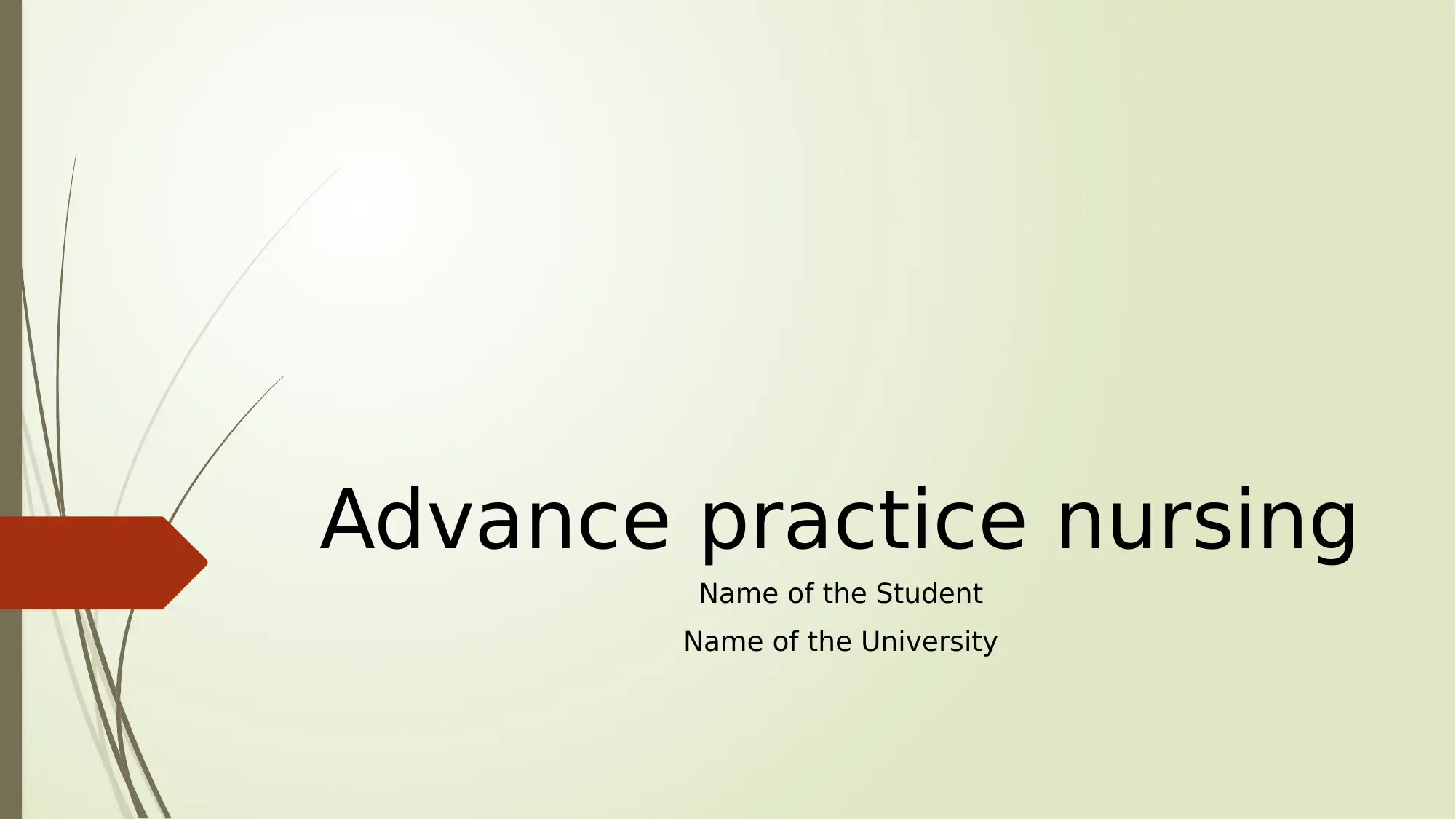
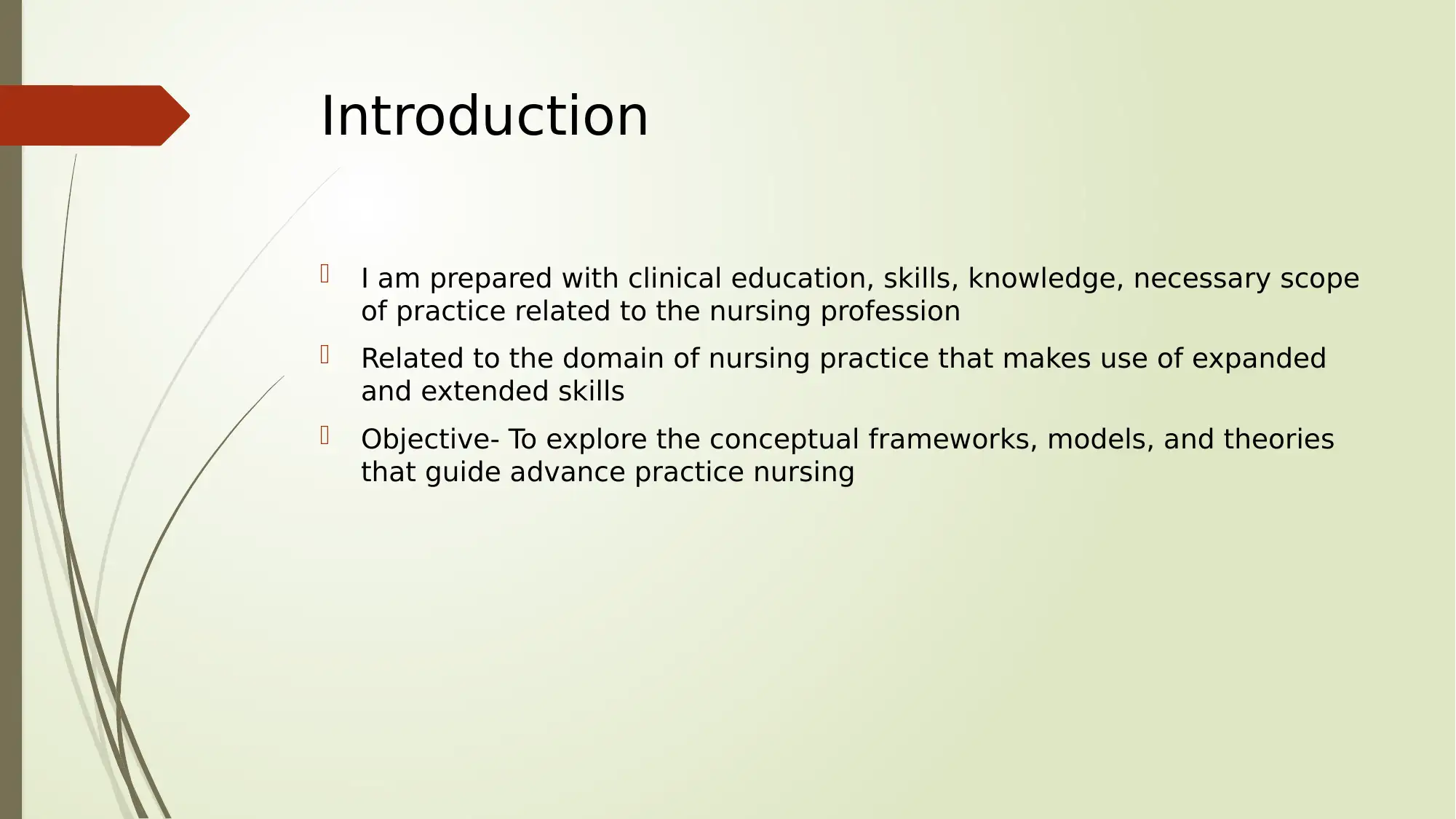
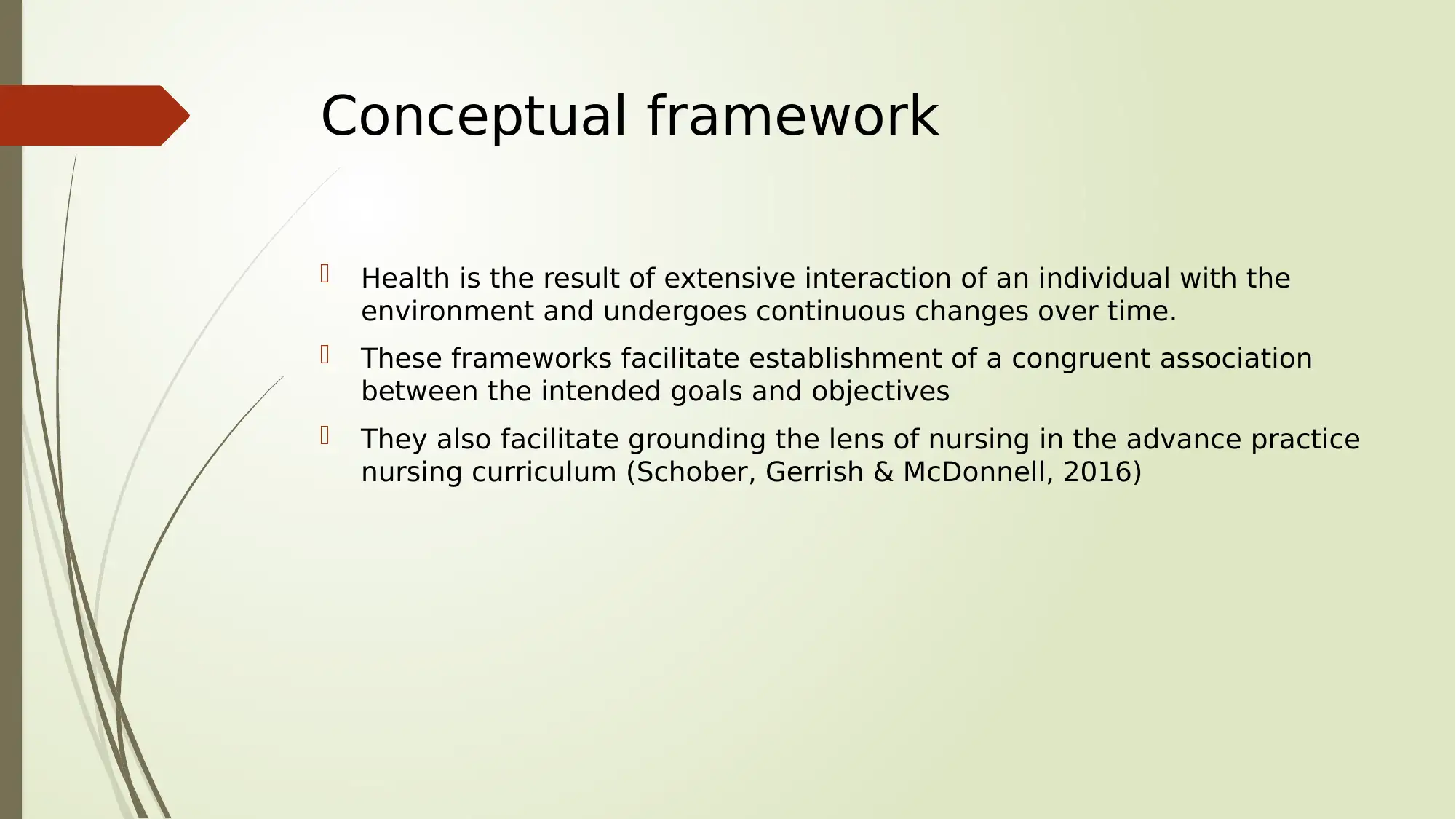

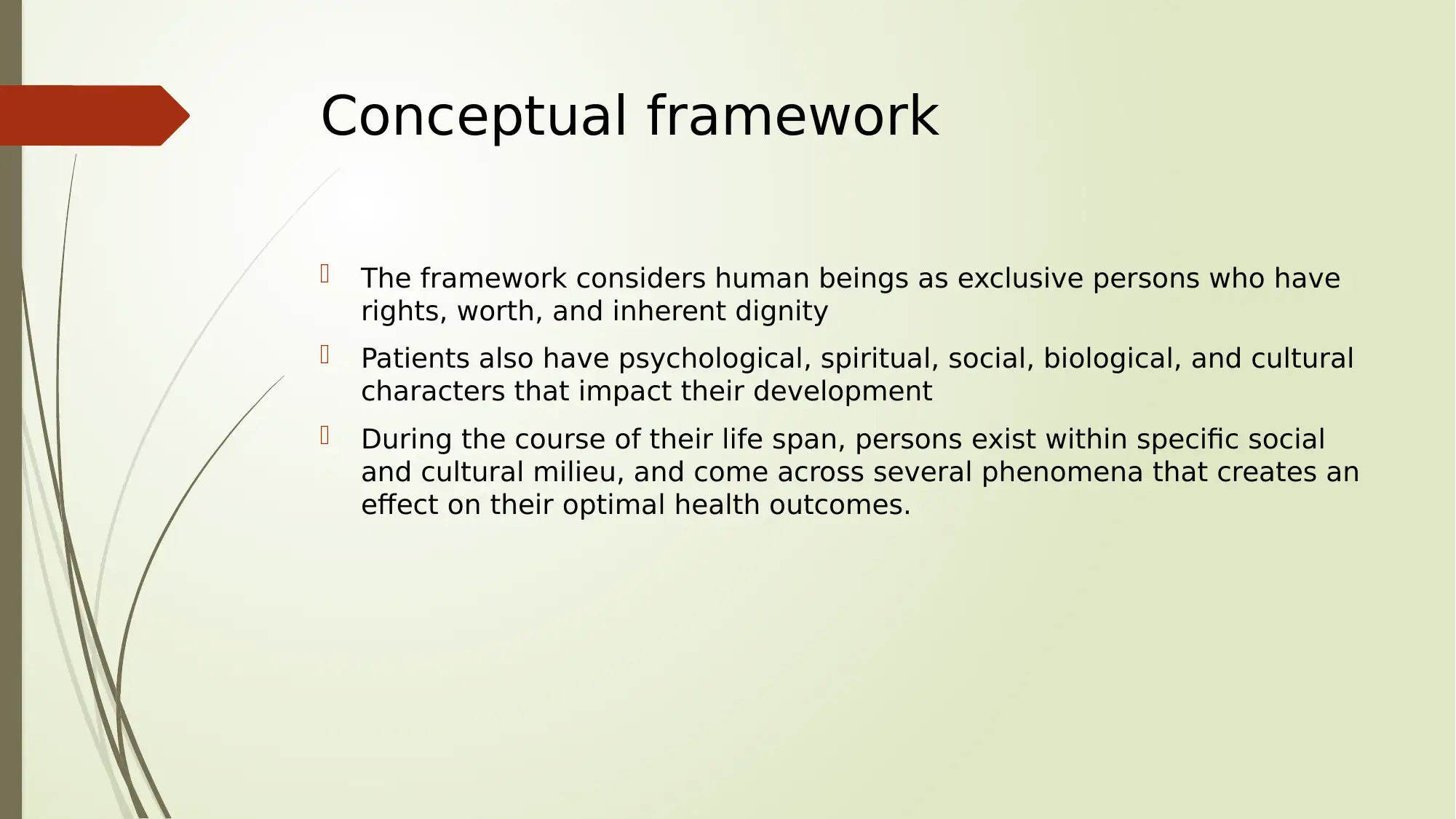
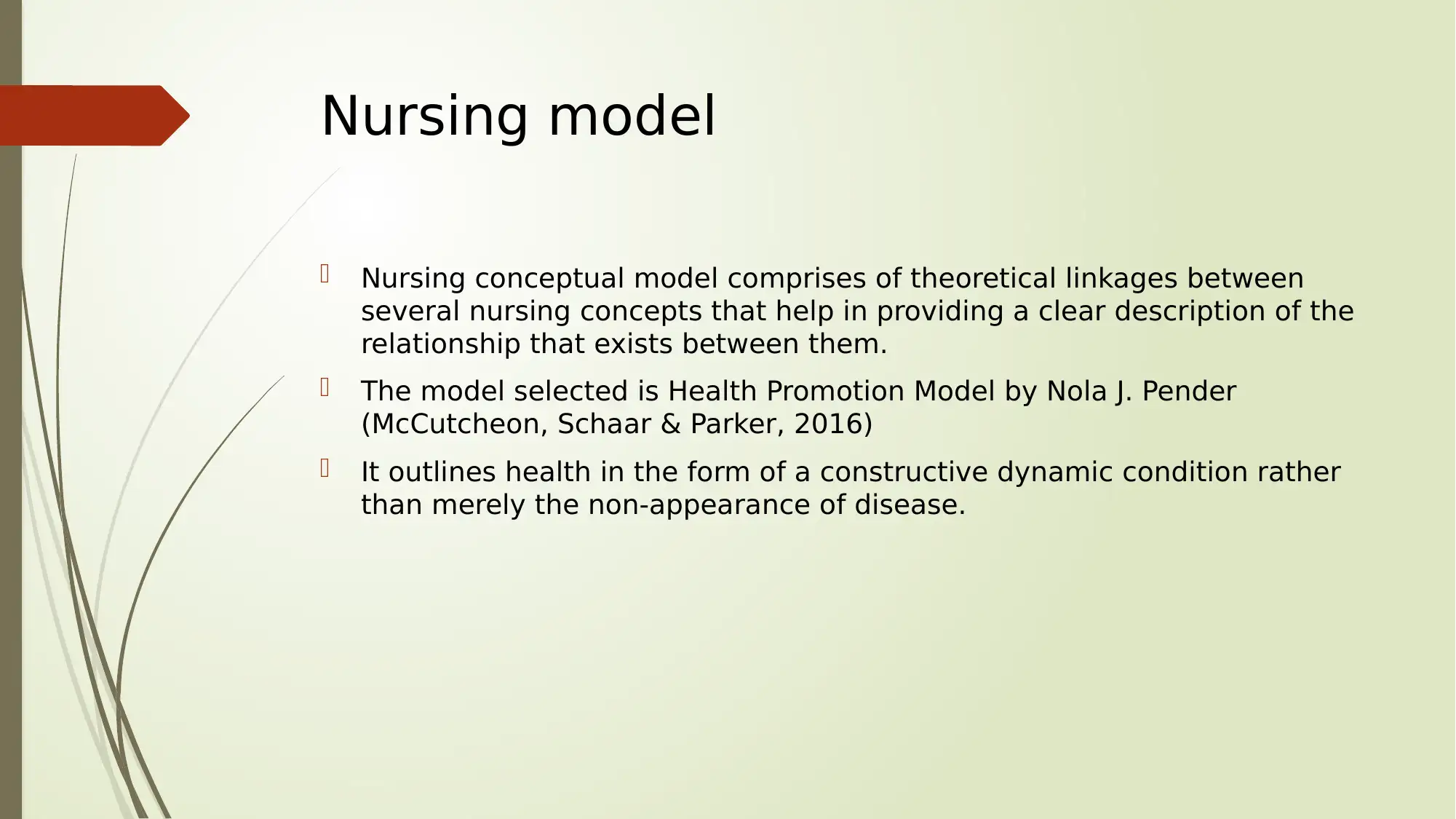
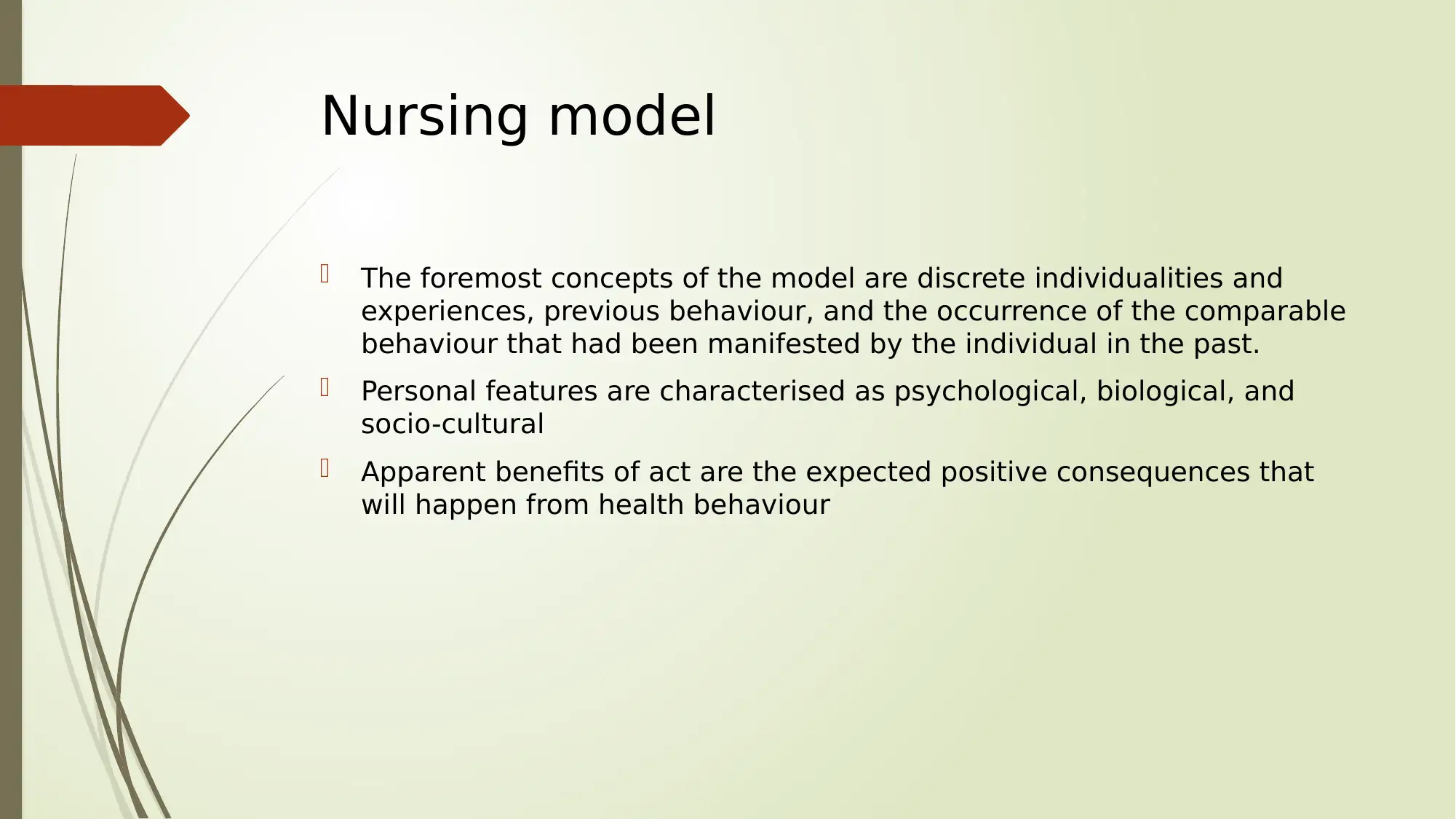
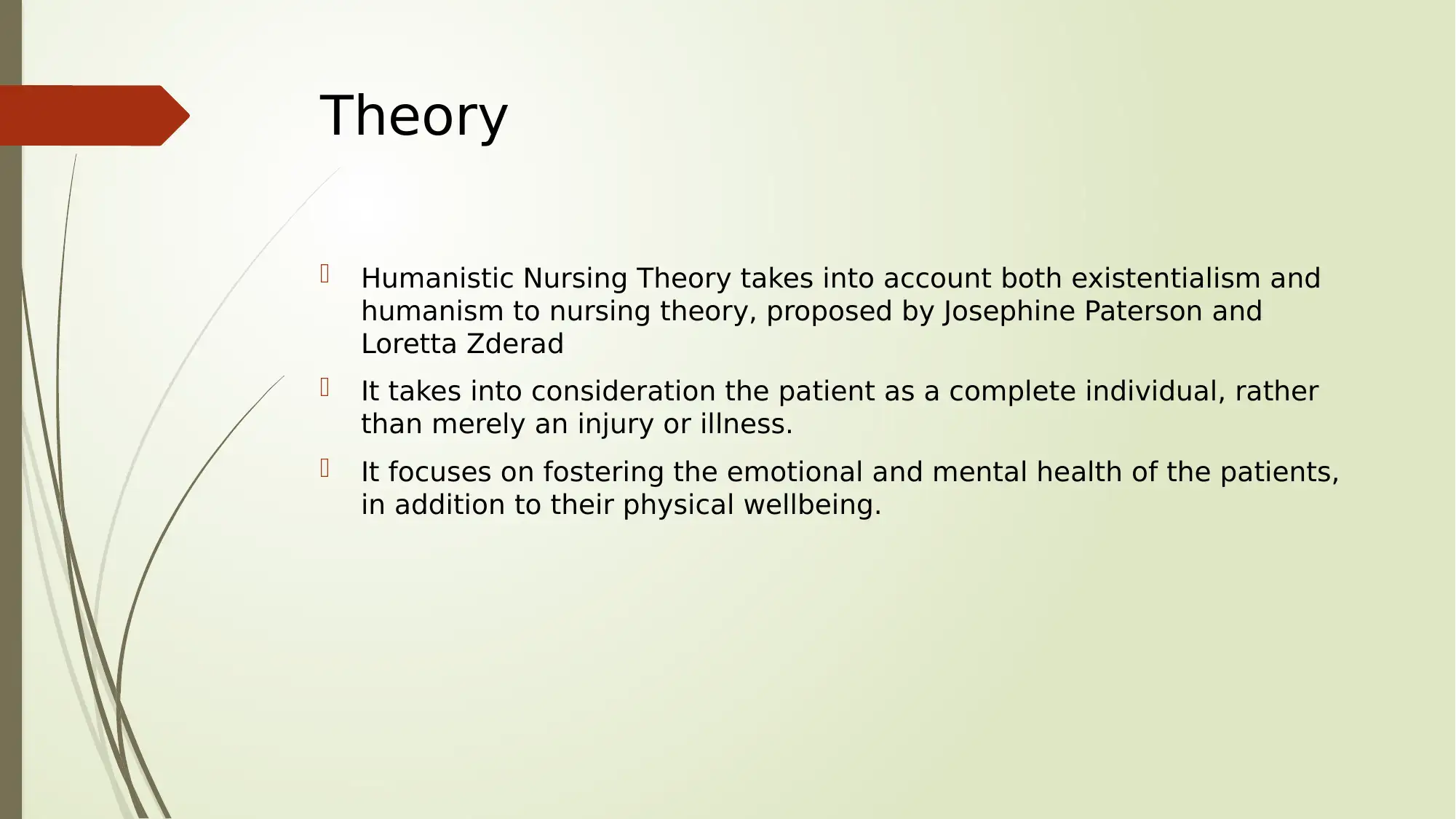
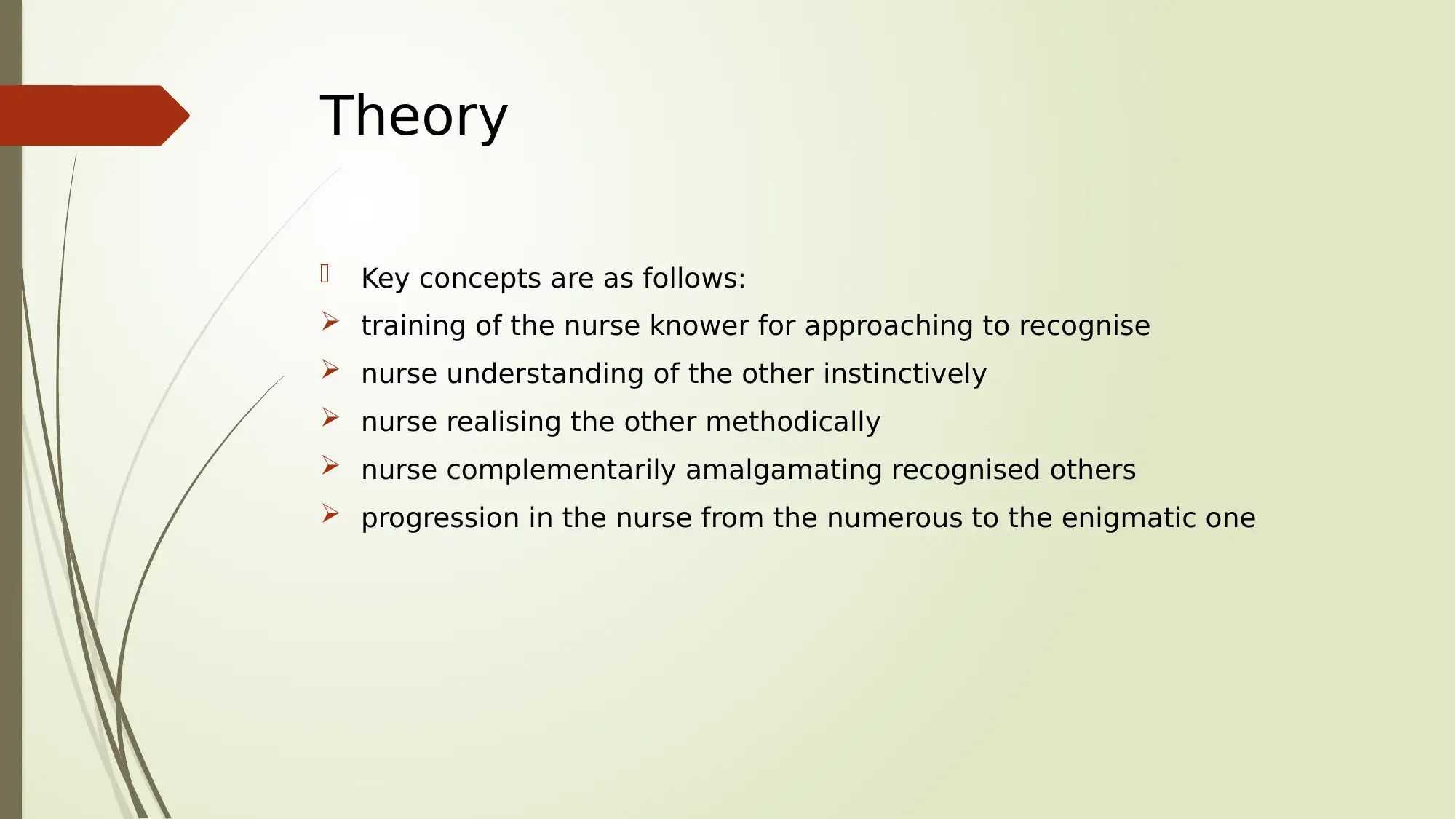
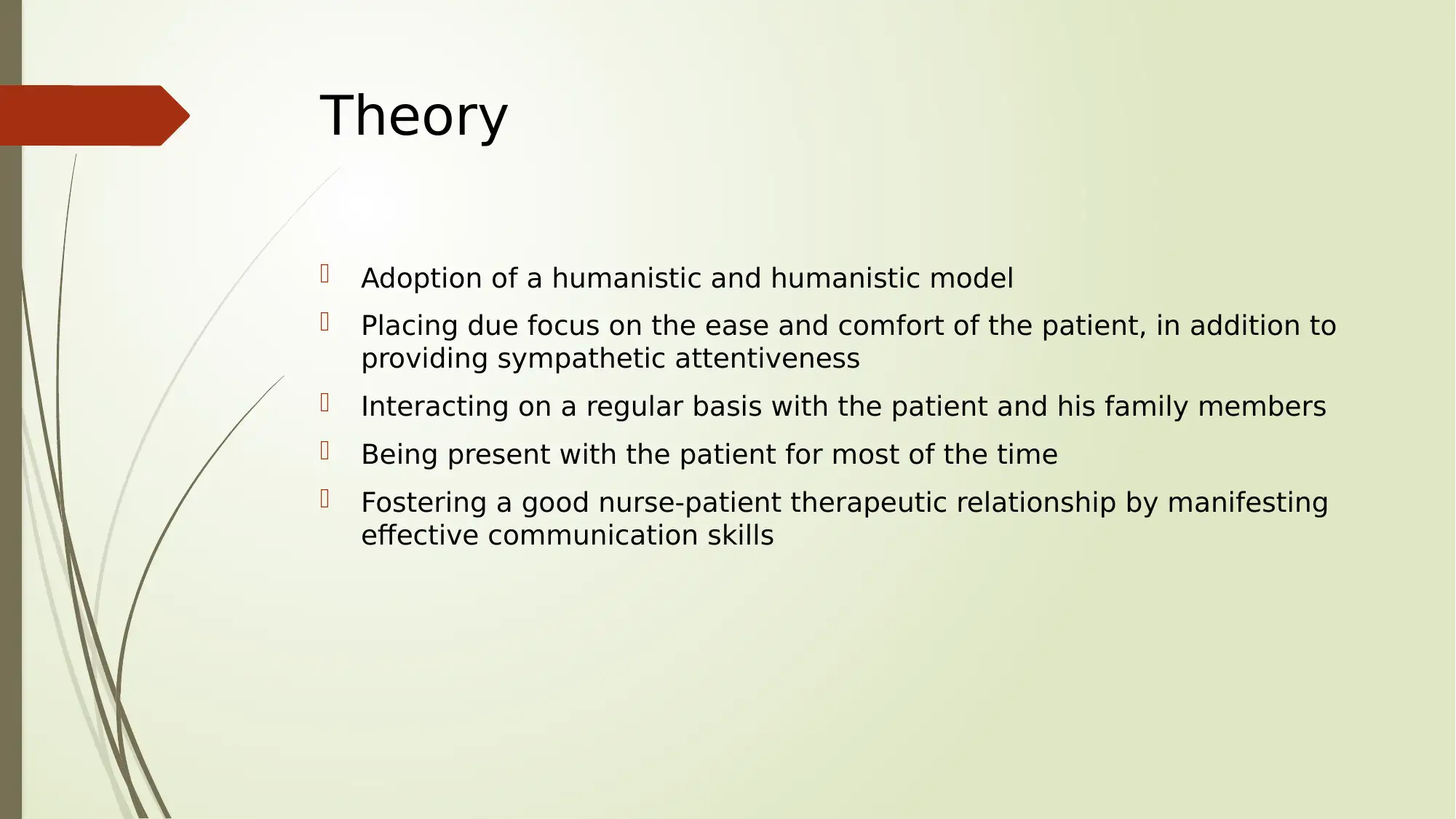
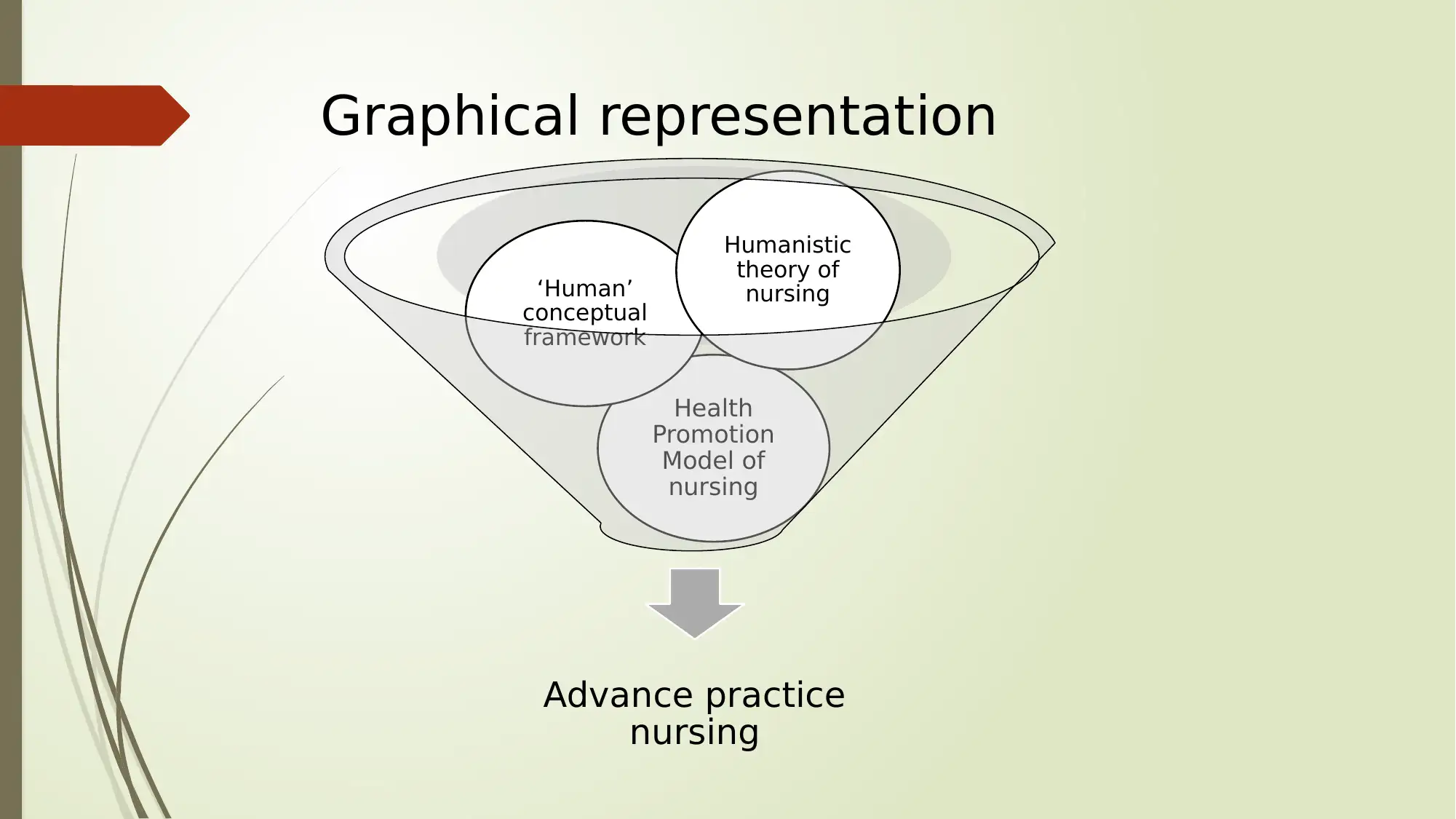
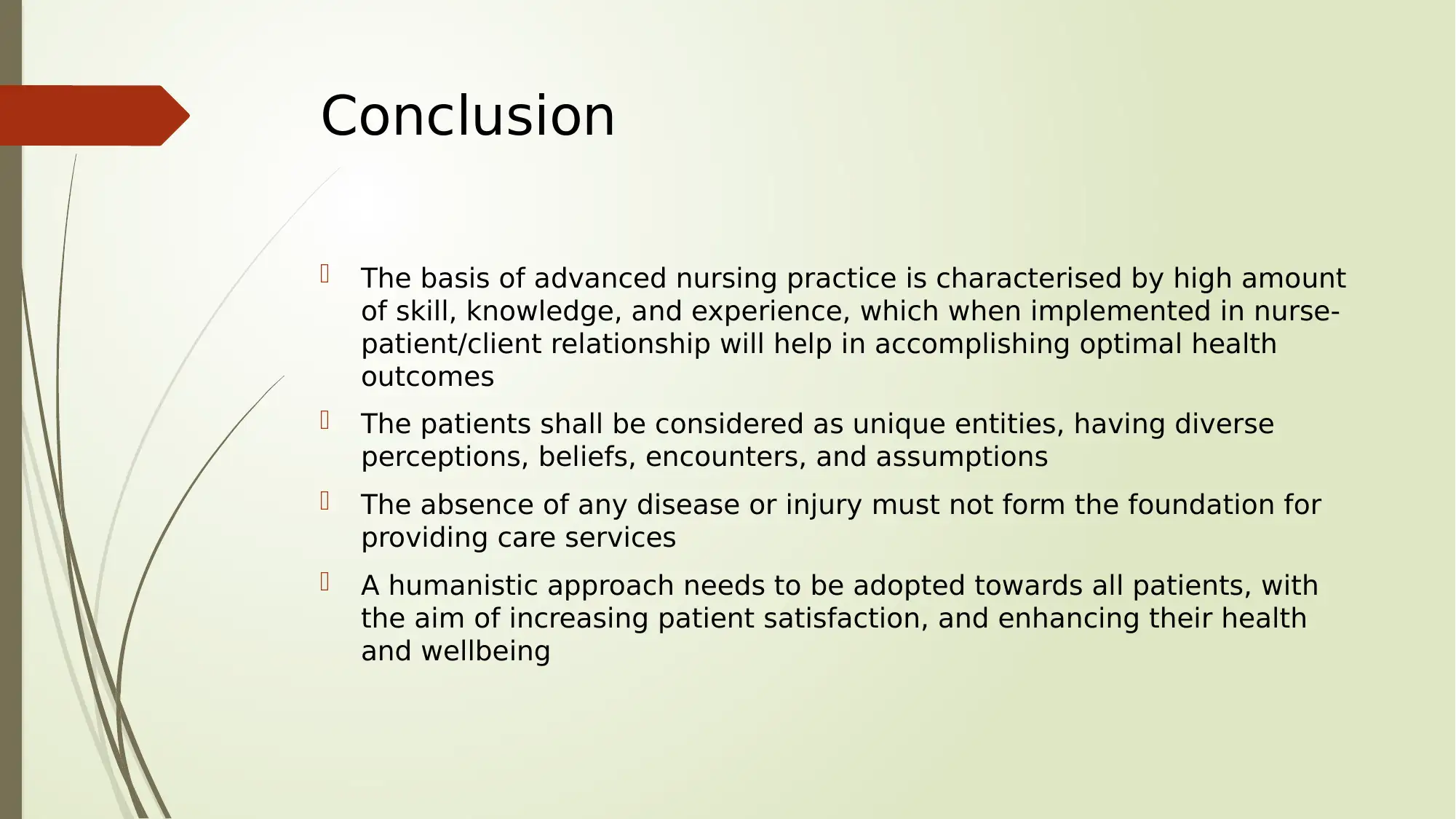
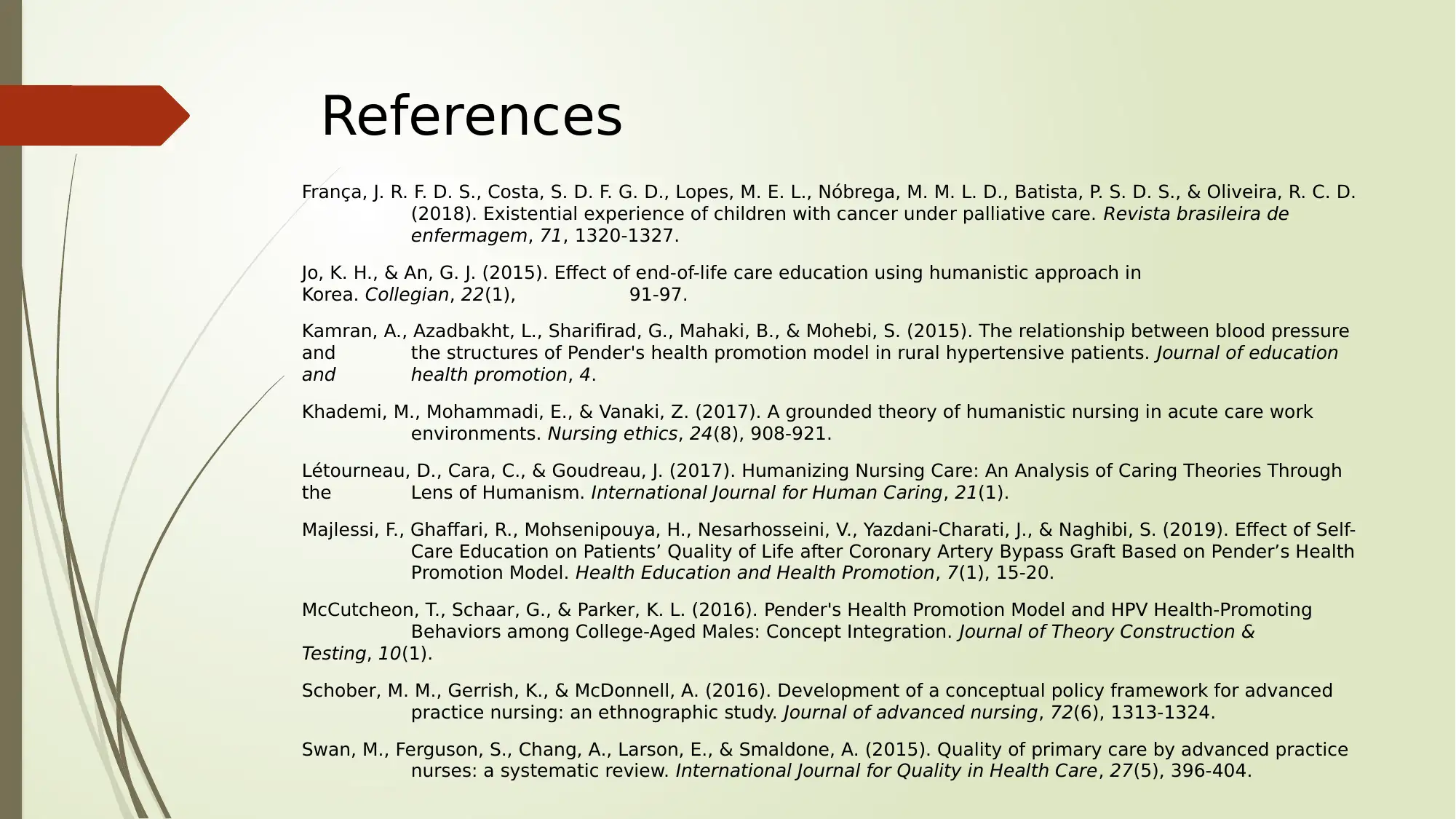






![[object Object]](/_next/static/media/star-bottom.7253800d.svg)